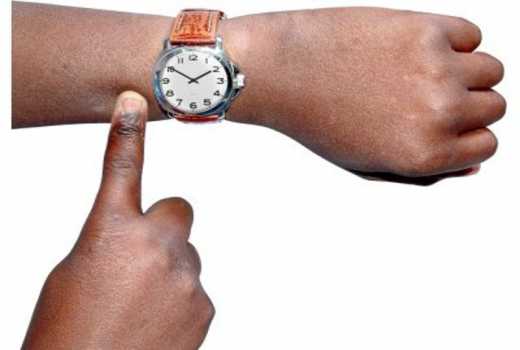×
The Standard e-Paper
Kenya’s Boldest Voice

In the coming weeks and months, Kenya’s 2018/19 budget will come under sharp scrutiny for a number of reasons. First and foremost, analysts will assess whether the Sh2.49 trillion budget is aligned to President Uhuru Kenyatta’s Big Four agenda.